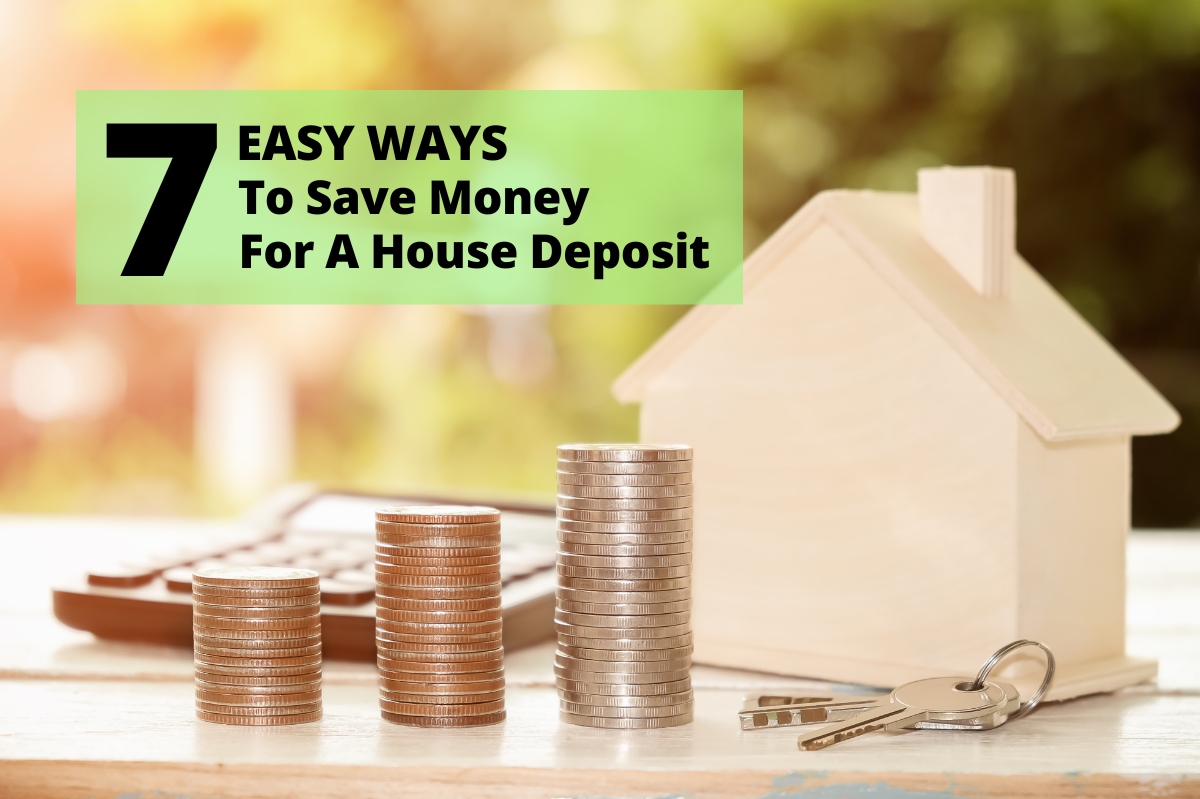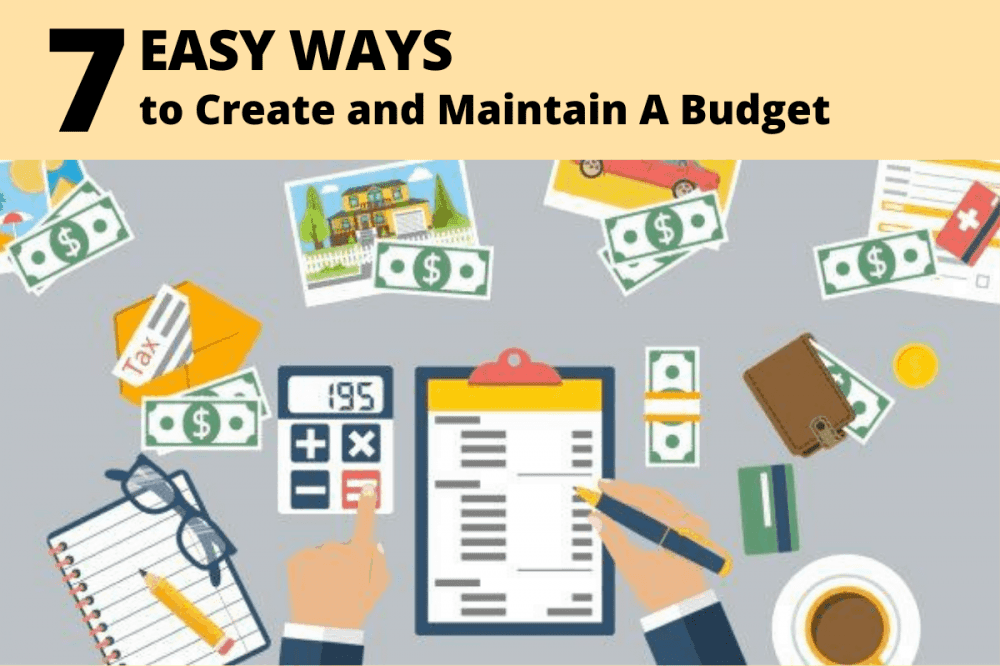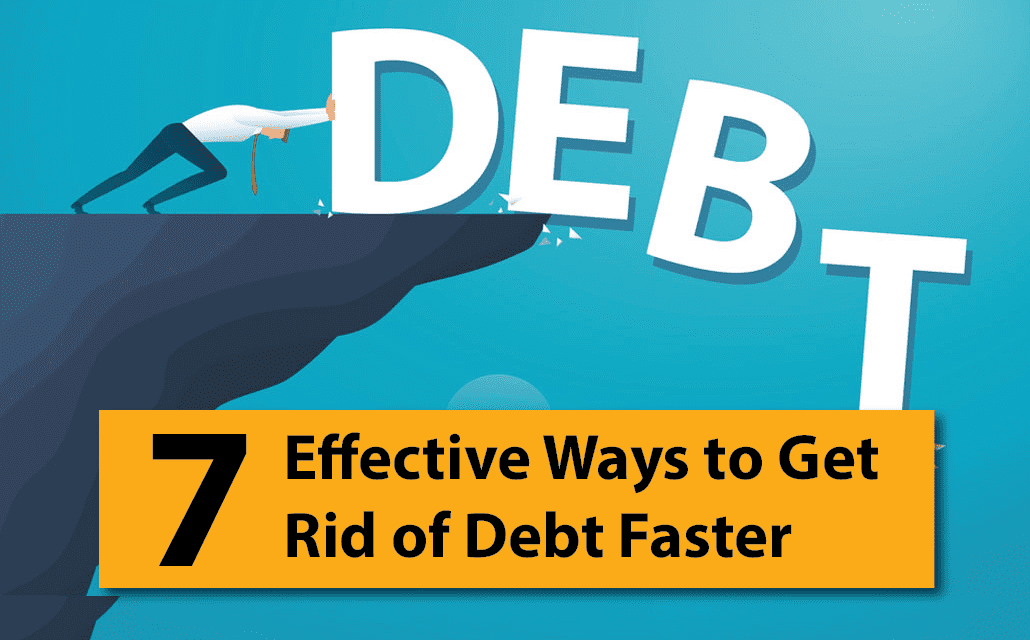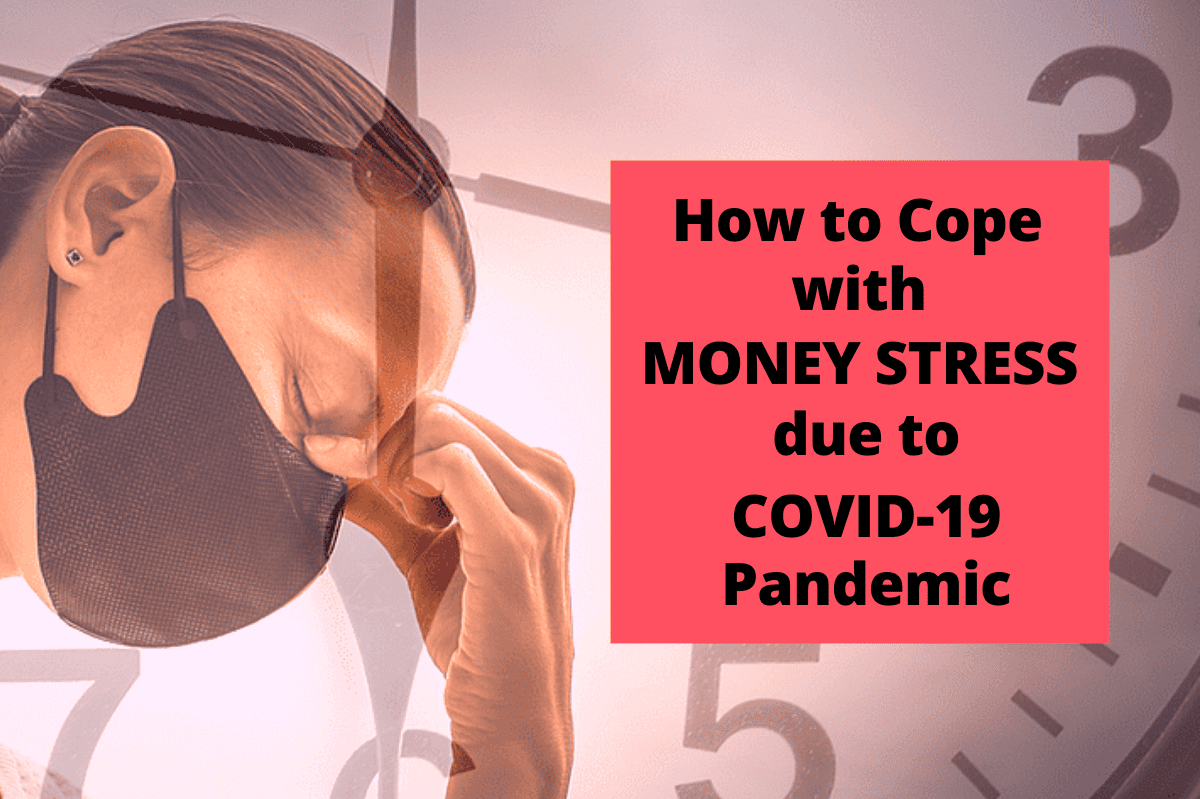How much house deposit should you prepare before buying a house? How do you save money easily to pay the down payment on the house? This is one of the common questions that are commonly asked before making the decision to buy the first house. For first-time home buyers, preparing enough money to pay the home deposit is the most challenging part of the home-buying process. Having a lack of money for a house deposit is one of the reasons that hinder the dream of many people to have their own house.
Among the common questions that often cause dilemmas among home buyers is how to collect money to pay the house deposit. This article will discuss how to save money to pay a house deposit easily and tips for buying a house without a deposit. Here are seven ways to save money that you can consider to help you pay a deposit or down payment on a house.
1. Identify Needs or Wants
The first thing you need to consider is to identify your monthly expenses and define whether the money you spend each month is to meet your needs or wants.
Take into account your fixed monthly commitments such as car loans, home loans, PTPTN debt and so on. After that, consider other expenses and determine whether they are important or not. If possible, eliminate or reduce unnecessary monthly expenses such as expensive internet bills; electricity, water and telephone bills; entertainment subscriptions for music, movies and drama; cigarettes or vaping and so on.
For example, if your home is already equipped with internet, you may be able to switch to a cheaper phone internet plan or cancel your paid broadcast subscription to save money and reduce your monthly expenses.
2. Set Spending Amount
Besides that, there are some of you who like to spend your salary on buying items that are not on your list or with the excuse of it being a “once in a while” purchase. This can unknowingly cause your monthly budget to slip. To avoid such spending, limit the amount for these unnecessary expenses. For example,
set a quota for this category of a maximum of RM100 per month. If you have already used this quota, you will have to wait for the next month to buy other items you need.
3. Record Expenses
You are also advised to record your expenses every month. By doing this you can identify the categories of expenses that account for the most every month, and take the most appropriate action. Although it sounds troublesome, it does help make it easier for you to refer and identify the amount you’ve spent. When you are more careful in spending, it can help you save up money to pay the house deposit. There are many applications that you can download on your smartphone to help you record your daily expenses. E-Wallet applications for example automatically record spending history. It also makes it easier for you to check your expenses if necessary. You can use this data to see how much money you have spent and plan your expenses accordingly for the following months.
4. Set a Savings Goal
The savings you are working on should be intended to be used as a down payment or house deposit. To make it easier for you, set the target amount you want to collect and the time period you need to collect this house deposit. Such savings target helps you plan, stay on track and be more disciplined. Let’s say you want to save RM10,000 in a year, you need to save at least RM800 a month or more depending on your plan.
5. Plan Credit Card Debt
If you have a credit card, you are advised to control and plan your credit card debt well. This is because credit card debt is the main cause of many young people going bankrupt. Most financial institutions take advantage of credit card owners by offering a minimum payment amount each month thus giving the owner flexibility to pay off existing debt. If the credit card owner is not disciplined, it can cause the owner to be entangled with higher credit card debt. Therefore, if you pay for your purchases using a credit card, you are advised to pay the debt immediately in full. This is to prevent you from being charged with late payment
charges or minimum payment charges.
Avoid making unnecessary purchases using a credit card especially if you don’t have enough money (in your savings account) to pay for them in full. It will foster bad buying habits that can be self-consuming. Be a smart credit card user. If your credit card debt is too high, it will make it difficult for you to make repayments and can affect your potential to make any loan, especially a home loan.
6. Withdraw EPF Account 2 for House
There are a number of first home buyers who do not know that you can withdraw EPF Account 2 to buy a house before the age of 50 or 55. You can check the eligibility and withdrawal conditions of Account 2 to help simplify your affairs. For EPF Account 2 withdrawal application matters, you need to visit any EPF office near you for fingerprint identification and ensure that the application is made by the account owner themselves.
7. Use ASBF Dividends
In addition to EPF, you can participate in various low-risk investments offered in Malaysia including ASB Financing. ASB Financing allows you to take out a loan from the bank to invest in Amanah Saham Bumiputra with a maximum investment amount of RM200,000. If you choose this investment, you are advised to set the investment period you want without making any dividend withdrawals. If the accumulated ASB dividend is sufficient for the house down payment, you can terminate the financing and use the money earned to pay the deposit to buy your dream home. Besides ASB, you can also consider other low-risk investments such as Tabung Haji, Takaful investments and so on.
Buy a House Without a Deposit: MyDeposit Scheme and Rent-To-Own Scheme in Malaysia
It is everyone’s dream to own their own home. However, the reality is that the process of buying a house is not as easy as it seems and there are many aspects that need to be considered such as the location of the house, facilities, distance and so on. The process of buying a house without a deposit does not mean that it does not involve a down payment. You still need cash on hand to pay the security deposit, the balance of the deposit when signing the sale and purchase agreement, attorney’s fees and stamp duty. You will receive back the deposit you have paid through EPF or 100 per cent loan margin after the purchase process is complete. Here are some of the schemes that can help you own a home without the need for a deposit:
1. MyDeposit Scheme
The MyDeposit scheme is a government incentive to help potential buyers provide a deposit of 10 per cent of the sale price of properties below RM500,000. Applications are open to all eligible Malaysians and can be made online through the Ministry of Housing and Local Government website. Through the MyDeposit scheme, the government will pay the deposit on your behalf and monitor the project from time to time.
2. Rent-To-Own Scheme
In addition to the deposit scheme, there is also a home rental scheme introduced to give Malaysians the opportunity to own their own property. It allows you to rent a house in advance for a certain period of time, with the option to buy it later at a set price. So you don’t have to pay a down payment on the house. That said, the monthly rent is higher than the market price. This is because part of the monthly payment is put into a fund to buy a house. This scheme is suitable for those of you who do not have savings to pay a house deposit.
Hopefully, this sharing of home deposits can help you plan savings to buy your first home. In addition, you can also visit Qoala for more info on home insurance. Qoala is an easy, transparent and fast insurance buying platform with competitive and affordable price offers.
Written by Hariz Hafiz, Writer – Qoala Malaysia
###
About Qoala
Qoala is a startup in insurance technology (insurtech) with a mission to democratise insurance through a combination of new product development supported by machine learning-based claim processes. To date, Qoala operates in three countries; Indonesia, Malaysia, and Thailand offering various insurance and takaful protections ranging from motor vehicles, property, personal accidents, travel, and health that can be accessed quickly, easily and transparently through the Qoala application or website.




